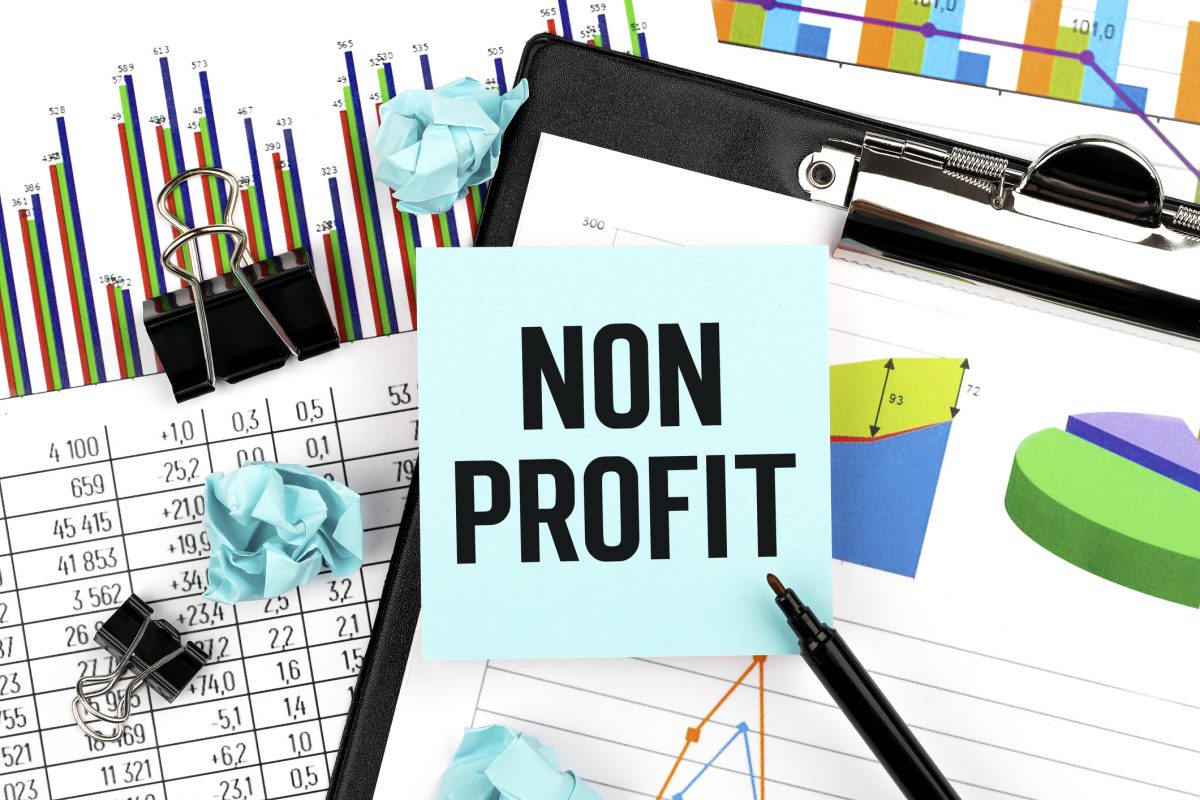June 26, 2023
Non-profits rely on various data types to inform their decisions and strategies. If you own a non-profit but are unsure of what types of data you should be collecting, Axion Data Services is here to help!
Get Started with a Data Audit
The first step to discovering what data types are important for an organization is a data audit. With a data audit, you can identify which sources of information you’re using, how those sources contribute to the decision-making process, and if any new concepts and ideas are missing from the mix. It may also help uncover gaps in your existing data that could be filled with new sources of information or insights.
With a data audit, you want to look at the types of data you are collecting, such as surveys, interviews, focus group feedback, etc. Make another list of data you are actually using and what you are using it for, and compare it to all the data being collected. This can help you see what data is helping you progress, what data is actually being used, and what data is forgotten or not as useful.
In many cases, organizations will find in doing this audit, that they are collecting large amounts of data that they aren’t utilizing to its fullest potential.
Key Data Types for Non-Profits
When it comes to
data collection for non-profits, you want to focus on data that will help you learn what is working effectively and what isn’t. It will also help you collect critical data for grant applications, development efforts, outreach, and more.
Learning from and using data in your non-profit can help you make a valuable impact on a variety of audiences and help you to bridge major gaps or needs within your area of focus.
Here are four key data types that are invaluable to non-profits:
1. Demographic Data: Understanding the population characteristics of a given area can be incredibly useful for nonprofits in informing their outreach, grant applications, and fundraising efforts. Demographics help to provide a snapshot of what types of people a non-profit is trying to reach and when allowing for more targeted outreach activities.
2. Financial Data: Since many nonprofits are dependent on donations or grants to survive, it’s important that they track financial data such as revenues and expenses. This helps them to understand the health of their organization as well as potential areas to save money or increase fundraising opportunities.
3. Usage Data: Nonprofits often provide services such as education, counseling, and medical care. Understanding usage data helps nonprofits to better understand the needs of their clients and how they can best serve them with limited resources.
4. Impact Data: This is data that measures the effectiveness of a non-profit’s activities. Impact data helps nonprofits understand how their mission and goals resonate with those they serve; it also allows for better future decision-making.
By tracking these key types of data, your nonprofit can maximize its potential and ensure that it is meeting its goals. Data entry for non-profits can be very valuable to help you organize the data you have collected so you can put it to good use.
Benefits of Using Non-Profit Data Services
Axion Data Services specializes in managing and analyzing data for non-profits. Our team of experienced professionals will help your organization identify the right data sources and develop strategies to leverage those insights.
In addition to data services, our team of experts can provide additional support, such as setting up and managing systems, training staff on proper data use, and developing reports.
By leveraging the right data services for your organization, you can ensure that you are getting the most out of your data and using it to inform effective decision-making.
Axion Data Services is here to help you make the most out of your data with our non-profit data entry services. Contact us today to learn how we can support your non-profit in making data-driven decisions and achieving its mission.
CEO at Axion Data Services
Latest posts by Alan Bandell
(see all)
